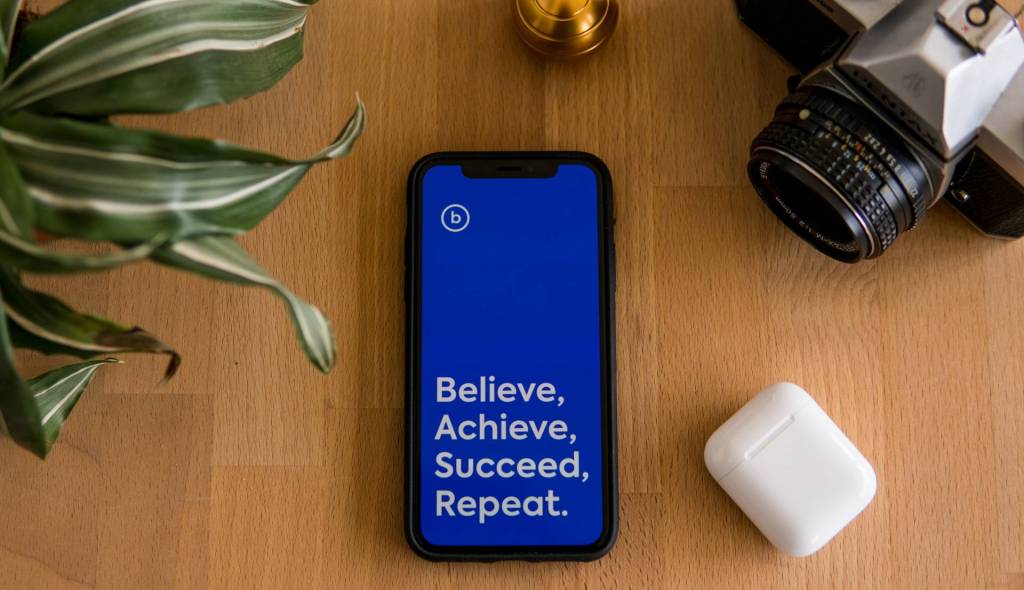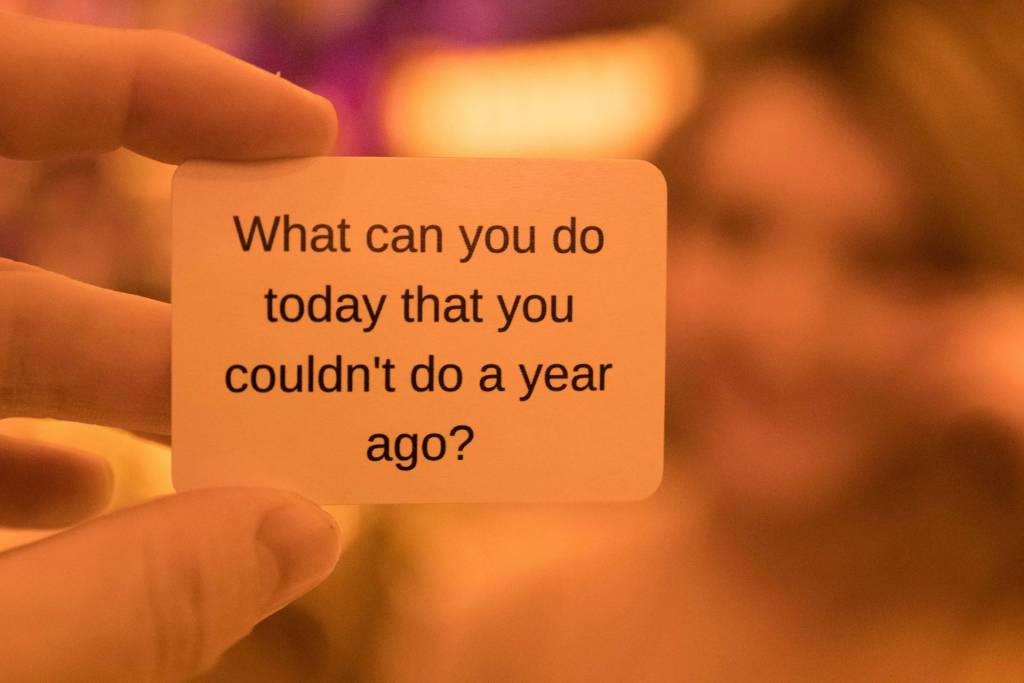Most recent graduates have very limited “real world” work experience and struggle to create a resume which gets the attention of hiring managers. Those grads who were lucky enough to have had internships and who got good grades still have many gaps in their resumes. The first step to getting hired is realizing that your primary purpose is to help the hiring manager accomplish his goals. To do this, you need to objectively assess your skills, education, talent and work experience. Synthesize this narrative into a composite and see how they might align with the needs of your prospective employer. To do this, you must learn to understand yourself and identify your personality traits and the work environments where you could be a good fit. The goal is to find the intersection between your interests and abilities and what an employer needs.
Learn which personality traits are specifically useful to your perspective employer. Find examples in your life where you’ve demonstrated these traits and look for patterns. For instance, if you were a cashier and a lifeguard, (two jobs which seem to have nothing in common) you could say you were considered trustworthy and accountable in your jobs for managing money and for insuring the safety of swimmers. Try to find the common thread of personality traits that exist in as many areas of your life as possible. Also, seek opportunities to continue to develop these traits in other environments. The idea here is to bolster your reputation with actual examples of times you’ve showcased these traits. Having a rich narrative that demonstrates your positive traits will form your personal brand, strengthen your resume, and help you get hired.
What Traits Are Employers Looking For?
Leadership Skills
- Dealing with change, decision-making, enforcing policies, ethics, implementation, management, persuasion, time management and training
Trustworthiness
- Worthy of confidence, dependable, responsible, secure
Consider any experience where you were trusted with either someone’s money, property or in charge of caretaking for a person’s life. If you were left alone to manage any of these, you could say you were valued by your superior as trustworthy.
Collaborative
- Identify a time where you joined forces, teamed-up, participate, pooled resources, worked together with others towards a common goal. If you achieved success in collaborating on a project, use that as an example for being collaborative.
Reliable
- Identify times when you showed you were devoted, steadfast, dependable, honest and could be counted on to follow through. Give an example of when you were reliable when someone else needed you and no one else was able to step in to help.
Curious
- Showing you’re eager to learn, inquisitive, intrigued, and interested in expanding your knowledge
Adaptable
- Able to adjust to new conditions
Empathetic
- Showing an ability to understand and share the feelings of another
Creative
- Having a good imagination, able to come up with original ideas
Emotional Intelligence
- The ability to perceive, control and evaluate emotions. An ability to bring out the best in others, anticipate others needs and foresee problems and their solutions before others point them out
Try writing down examples of times when you exhibited these various traits. See how you used them to improve a situation or a work environment. Overtime, seek opportunities to develop these traits so you accumulate specific instances where you added value or changed someone’s life using these personality traits.
The next step is to evaluate the market and discover a thriving industry that interests you. Learn about the company’s mission and develop your own mission statement that aligns with theirs. Be sure that it’s an authentic statement and one that will motivate you in your search for purpose in your career.
Develop a Personal Mission Statement
It’s important to realize that all of your work should be tailored towards accomplishing a goal. That goal or mission should be in sync with the company or firm where you’re seeking employment. This mission statement could be your motivating force for building the skills and traits you’ll need to excel in your job.
Know What You Bring to the Table and What Drives You!
Having a Personal Mission Statement will help you develop your personal brand. In order to bridge the gap from college to your first career you need to know yourself; what do you bring to the table and what drives you, what do you value and what can you do that adds value? All of this should be succinctly crafted into a personal mission statement.
Surprisingly, most students spend approximately 21 years in school and less than 30 minutes crafting their resume or personal mission statement.
The importance of a mission statement cannot be overemphasized, Kevin Starr, the executive director of the Mulago Foundation, insists that companies he funds express their mission statement in under eight words. Starr’s advice also applies to creating your personal mission statement. A useful format is: Verb, target, outcome. Some examples: “Save endangered species from extinction”. “Improve African children’s’ health.” My personal mission statement is, “Help Gen Y Build the Skills and Traits Needed to Get Hired.” Reviewing corporate mission statements may help in formulating your own. Facebook’s mission is to give people the power to share and make the world more open and connected. Google’s mission is to organize the world‘s information and make it universally accessible and useful. And LinkedIn’s mission is to connect the world’s professionals to enable them to be more productive and successful. The purpose of all mission statements (both for companies and for individuals) is to develop a clear action plan and become focused on making a contribution. The best personal mission statements will crystallize your core values, identify what you plan to accomplish and clearly state who you’re planning to help!
Do Your Homework Selecting the Sector You Want
If you’re unsure of what you want to do with your life or if you’re seeking a new direction, start learning about sectors that are thriving and seek out people who work in that sector for an informational interview. LinkedIn is also a great place to research companies and find specific people who work in these firms who can answer questions you have about their company. Join groups that interest you on LinkedIn and associations that match your interests and your education. This will give you something in common with other LinkedIn users so you can reach out to them to connect and to request an informational interview.
Some great resources which Identify hot jobs for the next decade: they include the AIRSdirectory, Bigtimejobs, CareerXroads, Simplyhired, Jobster, Ward’s Business Directory, The Million Dollar Directory and my personal favorite, The Occupational Outlook Handbook, (the profiles featured here cover hundreds of occupations and describe What They Do, the Work Environment, How to Become One, the Pay, and lots more. Each profile also includes the bureau of labor statistics employment projections.
Health Care, Software Design and Development, Information technologies, education, auditing & factoring, green careers, energy, biotechnology & bioscience, and taking an entrepreneurial path are just some examples of hot careers noted for the next decade.
The more you investigate the more knowledgeable you’ll become on that industry and about the influencers who work in that field. Becoming an expert on that field and what it takes to get there will help you narrow down your options and tailor your search to your particular interests. Also, it will help you project more confidence in an interview and show your emotional maturity.
Map Out How to Get There: Reverse Career Path Planning
Interview a Key Player
The next step after writing your mission statement (which can change thousands of times across your career) and after you’ve PICKED A VIABLE SECTOR that interests you is to interview a key player there. This type of interview is referred to as an informational interview and it should give you a better sense about the demands and the benefits of a particular job. I refer to this method as REVERSE career path planning as it requires that you do exactly that: “Reversing the career planning process or “reversed career path planning” involves envisioning your desired finish line and, based on that, figuring out how to run the race.
Be Intellectually Honest With Yourself
It’s important that you know your strengths and can see yourself in a positive light. At the same time, don’t get blinded into thinking that where you are now is where you’re permanently meant to be. And on the flipside, don’t assume that because you graduated from a top school or had good grades that employers will automatically see you as a superstar. Everyone needs to prove himself or herself at work as a contributor. In order to move up in the world you need to be realistic with what you have to offer and what the world needs. Look for the gaps and go after those skills so you can add value to your employer.
Build Hard and Soft Skills and Traits Employers Value
- Communication Skills: Expressing ideas, facilitating discussions or meetings, listening, negotiating, presenting, speaking a foreign language, and speaking and writing effectively
- Research and planning skills include: analysis, brainstorming, coordinating events, focusing on details, forecasting, goal setting, information gathering, organizing, problem solving, record keeping.
- Interpersonal skills include: coaching, conflict resolution, crisis management, delegating responsibility, handling complaints, motivating, team building,
- Leadership skills include: dealing with change, decision-making, enforcing policies, ethics, implementation, management, persuasion, time management and training
- IT Skills
- Programming and application development
- How to work with Big Data
- Business intelligence
- Cloud
- Project management
- Technical support
- Security
- Mobile development
- For more information on IT skills.
- Negotiation Skills
- Know When to Make Compromises and When to Push Forward
Build a Marketing Brochure with Substance
Showcase your achievements: “Beyond a brand-driven, well-crafted resume, try a value proposition letter that showcases your history of quantified impacts on the employers you’ve worked for,” says Cheryl Simpson of Executive Resume Rescue. She suggests including specific challenge/action/result stories and tying your past contributions to the prospective employer’s candidate needs. Combine this letter with a follow-up voice mail in which you summarize your experience, key skills, and measurable contributions in 30 seconds or less.
When you go through the process of identifying your current strengths along with the areas you need to develop you begin to have a plan for your next step. Don’t expect this to happen overnight. Developing a resume with substance requires an investment of time, energy and to a mindset that will allow for change and growth. You may need to get more education or volunteer to gain the skills and abilities that will help you become a strong job candidate.
A positive, open attitude towards change combined with a realistic perspective about what you know and don’t know could lead to your success. You’ll not only have a resume that’s more substantive, but you’ll have a deeper appreciation for the actual role and the sector you’re entering. This newly acquired knowledge about your chosen field will be the basis for making a good career choice. Your new and improved resume will help you get known for your true value and could be used as your marketing brochure for getting interviews and for landing a great job.












